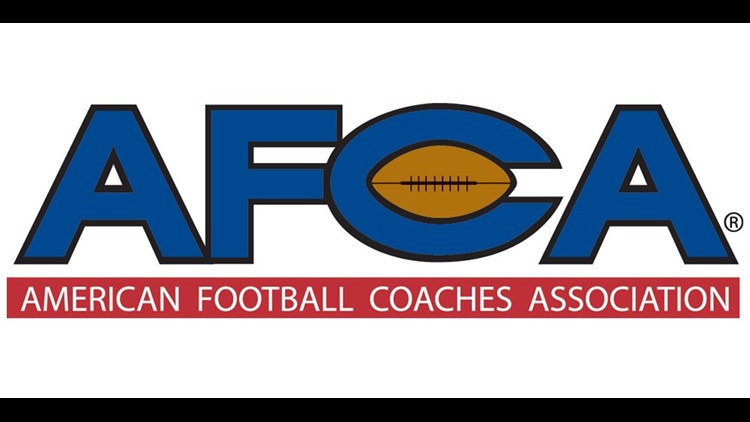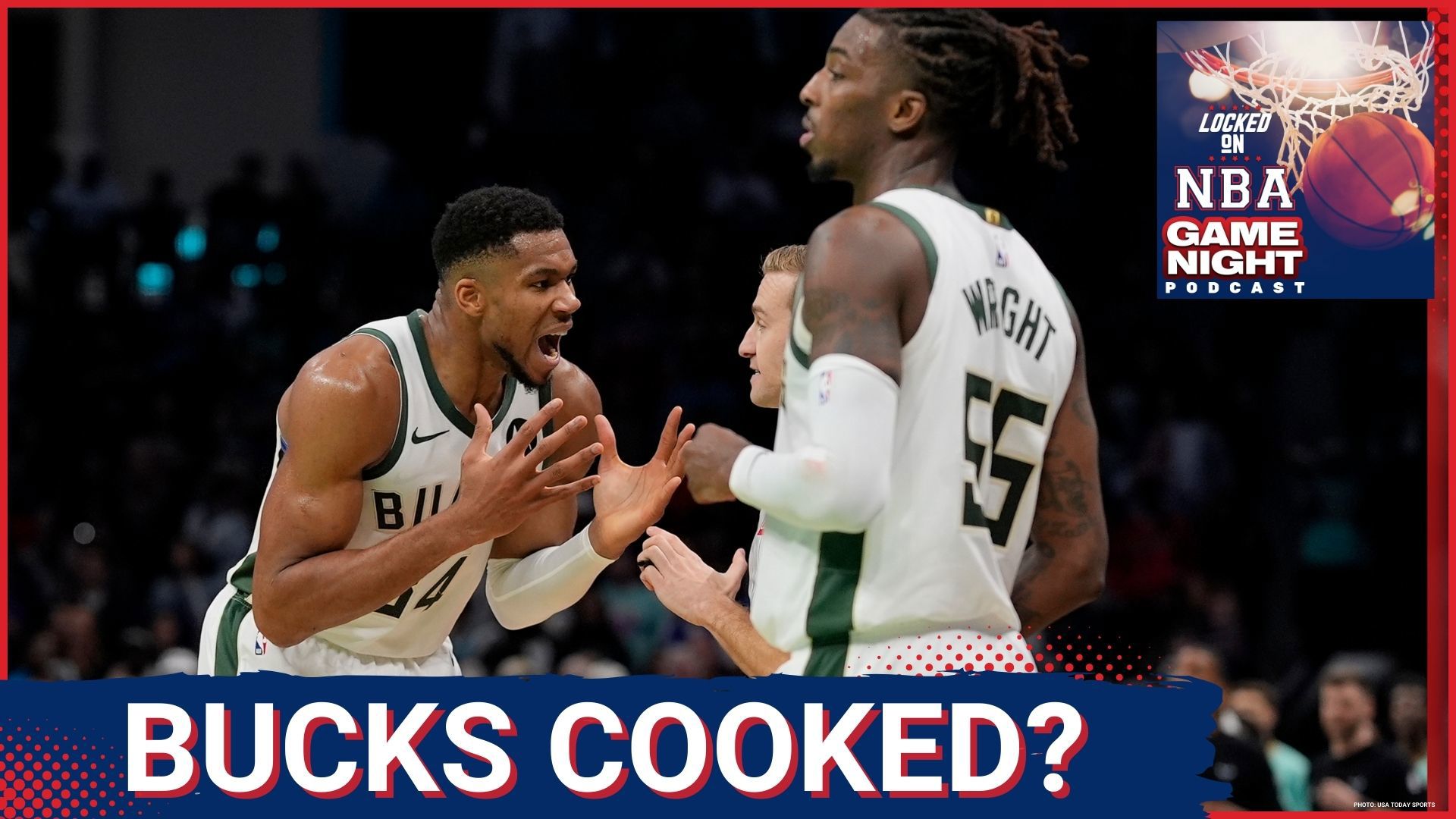WACO, TEX. — Former Kansas City Chiefs and Buffalo Bills head coach Marv Levy has been named the recipient of the AFCA’s 2019 Amos Alonzo Stagg Award. The award is given to those “whose services have been outstanding in the advancement of the best interests in football,” and will be presented to Levy during the 2019 AFCA Convention in San Antonio, Texas.
“I am overwhelmingly complimented and honored to have my name added to the list of magnificent coaches who have so honored this game that we all revere,” Marv Levy said. “Many of them were heroes of mine way back many years ago when I was just an aspiring coach myself, and there are others who coached teams against whom my teams competed fiercely, but always played with great respect.”
After graduating and lettering in football, basketball and track at Coe College and earning a master’s degree from Harvard, Levy began his coaching career at St. Louis Country Day School, coaching football and basketball. He would spend two years with the school before returning to Coe in 1953 to become an assistant coach. One year later, he joined the coaching staff at the University of New Mexico and was elevated to head coach in 1958. In his two seasons leading the Lobos, Levy earned Skyline Conference Coach of the Year honors and achieved an overall record of 14-6.
In 1960, Levy took over at the University of California-Berkley. After four seasons with the Bears, he was named the head coach at the College of William & Mary, twice earing Southern Conference Coach of the Year honors in his five seasons there.
Levy began his professional coaching career in 1969 as the kicking teams coach for the Philadelphia Eagles. One year later, he moved on to the Los Angeles Rams as special teams coach under head coach George Allen. He moved with Allen to Washington in 1971, again serving as the Redskins’ special teams coach for two seasons.
Levy left the NFL for the Canadian Football League (CFL) in 1973, serving as the head coach of the Montreal Alouettes. He led the Alouettes to three CFL Grey Cup appearances and two Grey Cup championships (1974 and 1977). Levy also won the Annis Stukus Trophy (CFL Coach of the Year) in 1974.
Levy returned to the NFL in 1978 as the head coach for the Kansas City Chiefs. He coached there for five seasons, steadily improving the Chiefs each year. In 1981, Levy led Kansas City to a 9-7 overall record and a third place finish in the American Football Conference (AFC) Western Division.
Levy spent 1984 as the head coach of the United States Football League’s Chicago Blitz. Halfway through the 1986 season, he returned to the NFL as head coach of the Buffalo Bills. After two rebuilding years, Levy guided the Bills to a 12-4 record in 1988 and the first of six AFC Eastern Division titles. From 1988 to 1997, the Bills were second only to the San Francisco 49ers in winning percentage. Levy guided Buffalo to four straight AFC Championships from 1990-93 and four straight Super Bowl appearances. In his 11 seasons at Buffalo, Levy earned NFL Coach of the Year honors in 1988 and AFC Coach of the Year honors in 1988, 1993 and 1995. Following the 1997 season, he retired as the winningest coach in the team’s history with 112 victories.
In 2001, Levy was elected into the Pro Football Hall of Fame in Canton, Ohio. In 2006, he returned to Buffalo as general manger for the Bills. After two years as general manager, he retired again and returned to live in Chicago. Since his retirement, he has written or co-written a total of four books.
The Award
The Amos Alonzo Stagg Award is given to the “individual, group or institution whose services have been outstanding in the advancement of the best interests of football.” Its purpose is “to perpetuate the example and influence of Amos Alonzo Stagg.”
The award is named in honor of a man who was instrumental in founding the AFCA in the 1920s. He is considered one of the great innovators and motivating forces in the early development of the game of football. The plaque given to each recipient is a replica of the one given to Stagg at the 1939 AFCA Convention in tribute to his 50 years of service to football.
Amos Alonzo Stagg
Amos Alonzo Stagg began his coaching career at the School of Christian Workers, now Springfield (Mass.) College, after graduating from Yale University in 1888.
Stagg also served as head coach at Chicago (1892-1932) and College of the Pacific (1933-1946). His 41 seasons at Chicago is one of the longest head coaching tenures in the history of the college game.
Among the innovations credited to Stagg are the tackling dummy, the huddle, the reverse play, man in motion, knit pants, numbering plays and players, and the awarding of letters.
A long-time AFCA member, Stagg was the Association’s 1943 Coach of the Year.
According to NCAA records, Stagg’s 57-year record as a college head coach is 314-199-35. He was 84 years old when he ended his coaching career at Pacific in 1946. He died in 1965 at the age of 103.
Past Amos Alonzo Stagg Award Winners
1940 Donald Herring, Jr., (Princeton player) and family
1941 William H. Cowell (posthumously), New Hampshire
1946 Grantland Rice, sportswriter
1947 William A. Alexander, Georgia Tech
1948 Gilmour Dobie, North Dakota State, Washington, Navy, Cornell, Boston College
Glenn S. “Pop” Warner, Georgia, Cornell, Carlisle, Pittsburgh, Stanford, Temple
Robert C. Zuppke, Illinois
1949 Richard C. Harlow, Penn State, Colgate, Western Maryland, Harvard
1950 No award given
1951 DeOrmond “Tuss” McLaughry, Westminster, Amherst, Brown, Dartmouth
1952 A.N. “Bo” McMillin, Indiana
1953 Lou Little, Georgetown, Columbia
1954 Dana X. Bible, Mississippi College, LSU, Texas A&M, Nebraska, Texas
1955 Joseph J. Tomlin, founder, Pop Warner Football
1956 No award given
1957 Gen. Robert R. Neyland, Tennessee
1958 Bernie Bierman, Mississippi A&M, Tulane, Minnesota
1959 Dr. John W. Wilce, Ohio State
1960 Harvey J. Harman, Haverford, University of the South, Pennsylvania, Rutgers
1961 Ray Eliot, Illinois
1962 E.E. “Tad” Wieman, Michigan, Princeton, Maine
1963 Andrew Kerr, Stanford, Washington & Jefferson, Colgate, Lebanon Valley
1964 Don Faurot, Missouri
1965 Harry Stuhldreher, Wisconsin
1966 Bernie H. Moore, LSU
1967 Jess Neely, Southwestern, Clemson, Rice
1968 Abe Martin, TCU
1969 Charles A. “Rip” Engle, Brown, Penn State
1970 Lynn “Pappy” Waldorf, Syracuse, Oklahoma City, Kansas, Oklahoma A&M, Kansas State, Northwestern, California
1971 Bill Murray, Delaware, Duke
1972 Jack Curtice, Stanford
1973 Lloyd Jordan, Amherst, Harvard
1974 Alonzo S. “Jake” Gaither, Florida A&M
1975 Gerald B. Zornow, business executive
1976 No award given
1977 Floyd “Ben” Schwartzwalder, Muhlenberg, Syracuse
1978 Tom Hamilton, Navy, Pittsburgh
1979 H.O. “Fritz” Crisler, Minnesota, Princeton, Michigan
1980 No award given
1981 Fred Russell, sportswriter
1982 Eddie Robinson, Grambling
1983 Paul W. “Bear” Bryant, Maryland, Kentucky, Texas A&M, Alabama
1984 Charles B. “Bud” Wilkinson, Oklahoma
1985 Duffy Daugherty, Michigan State
1986 Woody Hayes, Denison, Miami (Ohio), Ohio State
1987 Field Scovell, Cotton Bowl
1988 G. Herbert McCracken, Allegheny, Lafayette
1989 David Nelson, Delaware
1990 Len Casanova, Oregon
1991 Bob Blackman, Denver, Dartmouth, Illinois, Cornell
1992 Charles McClendon, LSU
1993 Keith Jackson, ABC-TV
1994 Bob Devaney, Nebraska, Wyoming
1995 John Merritt, Jackson State, Tennessee State
1996 Chuck Neinas, College Football Association
1997 Ara Parseghian, Miami (Ohio), Northwestern, Notre Dame
1998 Bob Reade, Augustana (Ill.)
1999 Bo Schembechler, Miami (Ohio), Michigan
2000 Tom Osborne, Nebraska
2001 Vince Dooley, Georgia
2002 Joe Paterno, Penn State
2003 LaVell Edwards, Brigham Young
2004 Ron Schipper, Central (Iowa)
2005 Hayden Fry, North Texas, SMU, Iowa
2006 Grant Teaff, McMurry, Angelo State, Baylor
2007 Bill Curry, Georgia Tech, Alabama, Kentucky
2008 Bill Walsh, San Francisco 49ers, Stanford
2009 John Gagliardi, Carroll (Mont.), St. John’s (Minn.)
2010 Darrell Royal, Mississippi State, Washington, Texas
2011 Bobby Bowden, Samford, West Virginia, Florida State
2012 Fisher DeBerry, Air Force
2013 Frosty Westering, Parsons, Lea College, Pacific Lutheran
2014 R.C. Slocum, Texas A&M
2015 Ken Hatfield, Air Force, Arkansas, Clemson, Rice
2016 John Cooper, Tulsa, Arizona State, Ohio State
2017 Don Nehlen, Bowling Green, West Virginia
2018 Frank Broyles, Missouri, Arkansas



